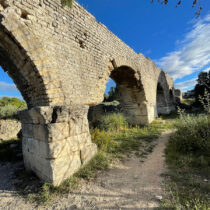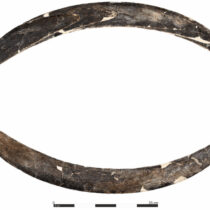In the Homeric age the phenomenon of kings transacting all sorts of business is considered natural, the borderline between works exclusively carried out by slaves and those accomplished by free men being ambiguous. In classical antiquity, however, this situation has changed drastically, since slavery in the then known world is regarded a mere natural state. The wealth of ancient sources sheds ample light on the state of slavery in ancient Greece. Most information refers to Athens, for which are known, for example, the way of obtaining slaves, the categories of slaves and their occupations, their treatment and legal status, the possibilities of their emancipation etc. Although the available data on Sparta and Crete are fewer and fragmentary, they nevertheless picture quite clearly the state of slavery there; as a result, interesting comparisons can been made among the three major cities- states of antiquity and remarkable conclusions can be reached.
The State of Slavery in Classical Antiquity
30 Aug 2012
by Archaeology Newsroom
- A
- A
- A


